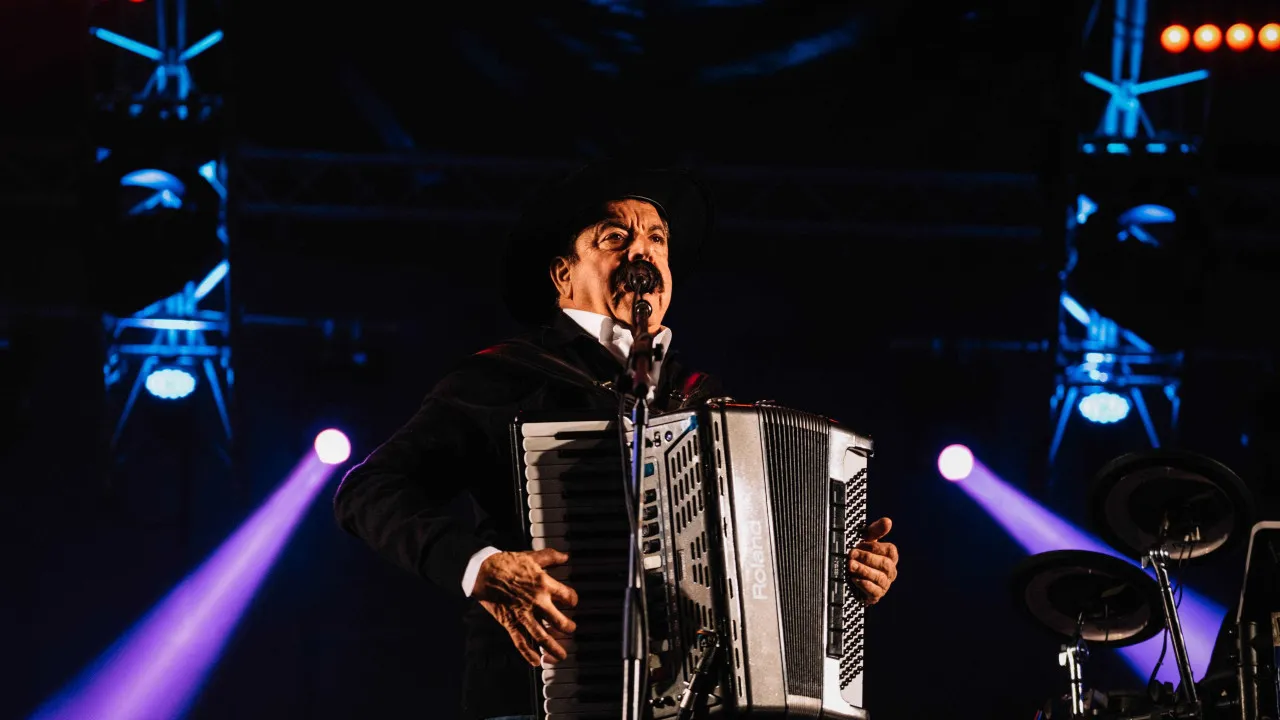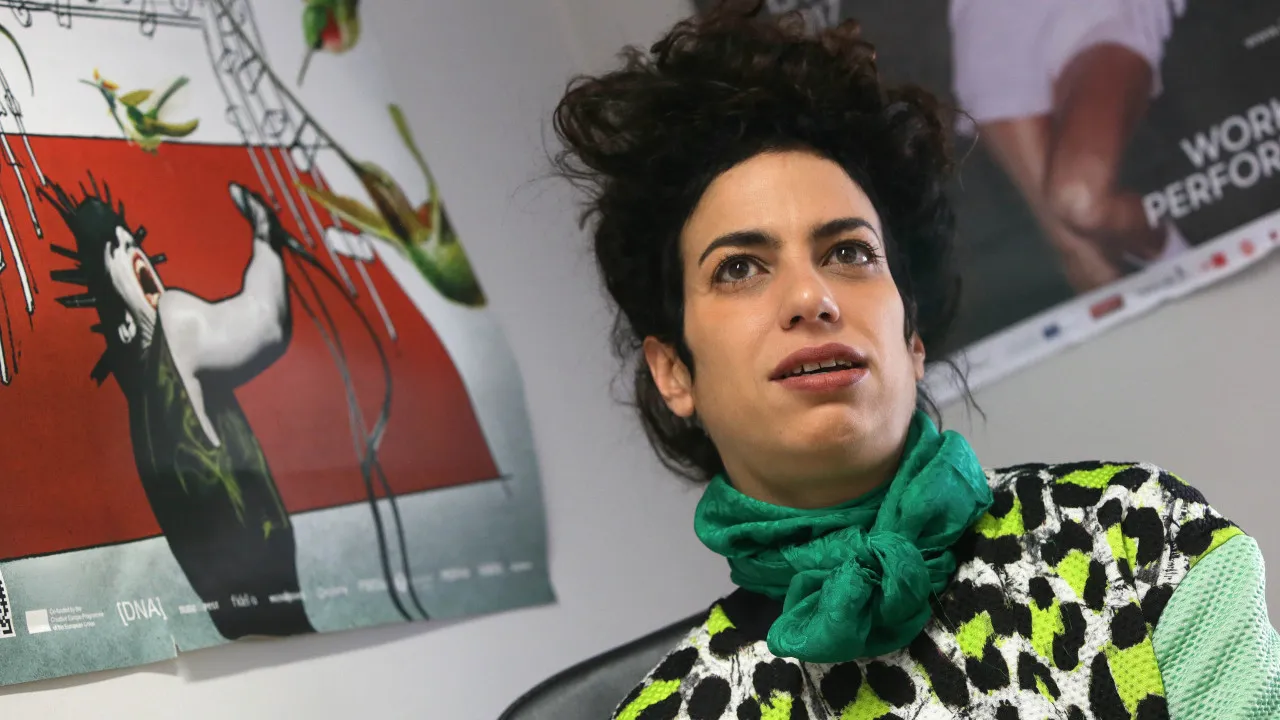It was 50 years ago: Paulo de Carvalho went to Eurovision with the song that became the password for freedom
The 1974 Eurovision Song Contest was a milestone in the history of the event, mainly due to the victory of the Swedish group ABBA with the song “Waterloo”. This edition of the contest, held in Brighton, UK, is remembered not only for ABBA’s success, but also for the performance of other notable artists, such as Paulo de Carvalho.
Portugal’s representative came last with the song “E depois do adeus”, which was the radio password that started the April 25 revolution, and shared last place in the competition with Switzerland, Germany and Norway, who only had three points each. Portugal’s three points came from Switzerland (2 points) and Spain (1 point).
The 1974 Eurovision Song Contest was a milestone in the history of the event, mainly due to the victory of the Swedish group ABBA with the song “Waterloo”. This edition of the contest, held in Brighton, UK, is remembered not only for ABBA’s success, but also for the performance of other notable artists, such as Paulo de Carvalho.
Portugal’s representative came last with the song “E depois do adeus”, which was the radio password that started the April 25 revolution, and shared last place in the competition with Switzerland, Germany and Norway, who only had three points each. Portugal’s three points came from Switzerland (2 points) and Spain (1 point).
The Eurovision Song Contest is known for its musical diversity and for bringing together representatives from various European countries in a unique competition. In 1974, the event gained even more prominence due to the quality of the songs presented and the geopolitical tension hanging over Europe at the time.
Paulo de Carvalho, a renowned Portuguese musician, was chosen to represent Portugal at Eurovision 1974 with the song “E depois do adeus”. The song, composed by José Calvário and José Niza, was an emotional ballad that dealt with themes such as longing and hope.
However, despite Paulo de Carvalho’s reputation and the quality of the music, the performance failed to seduce or win over the international audience and ended up in last place in the contest.








